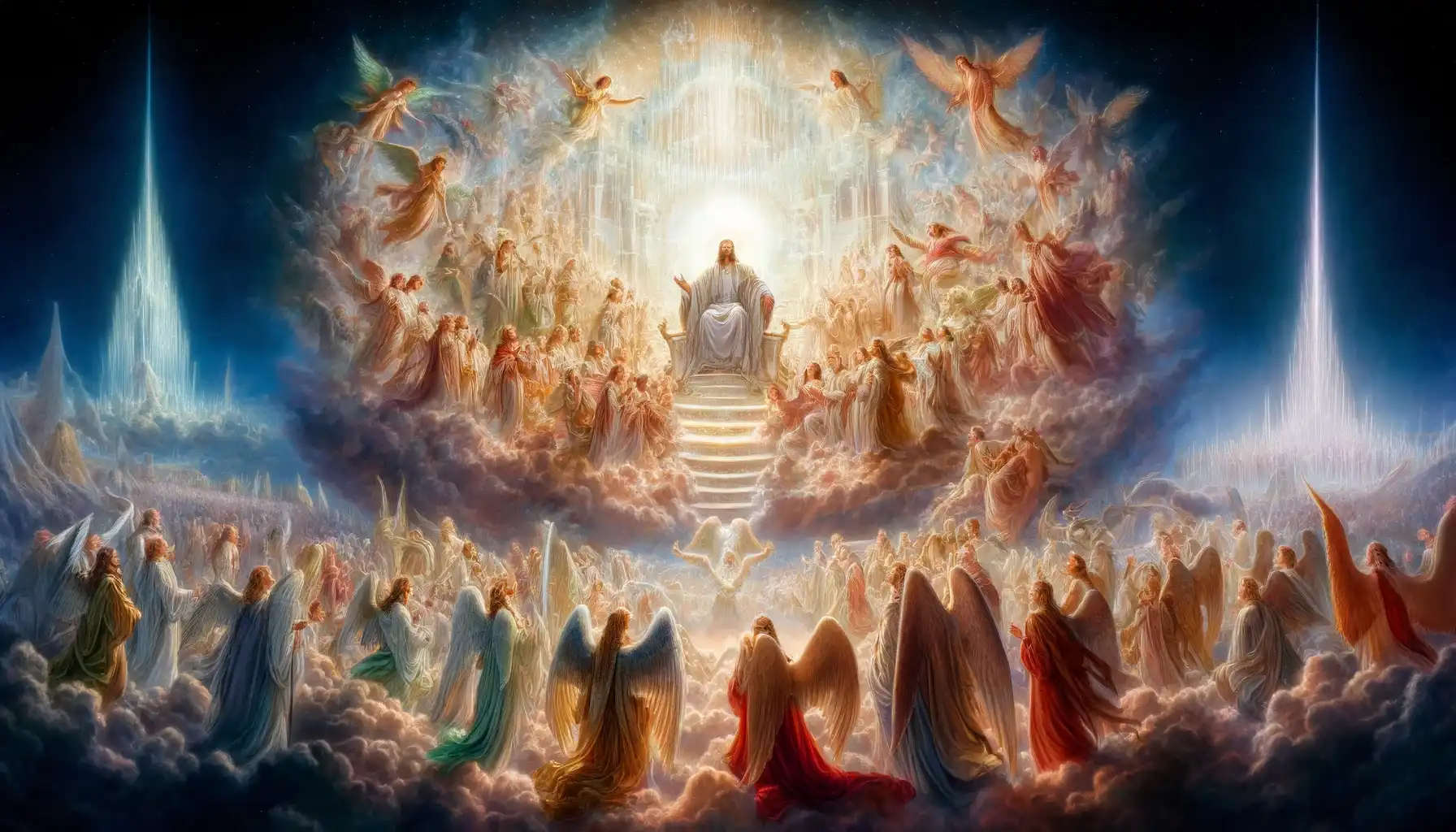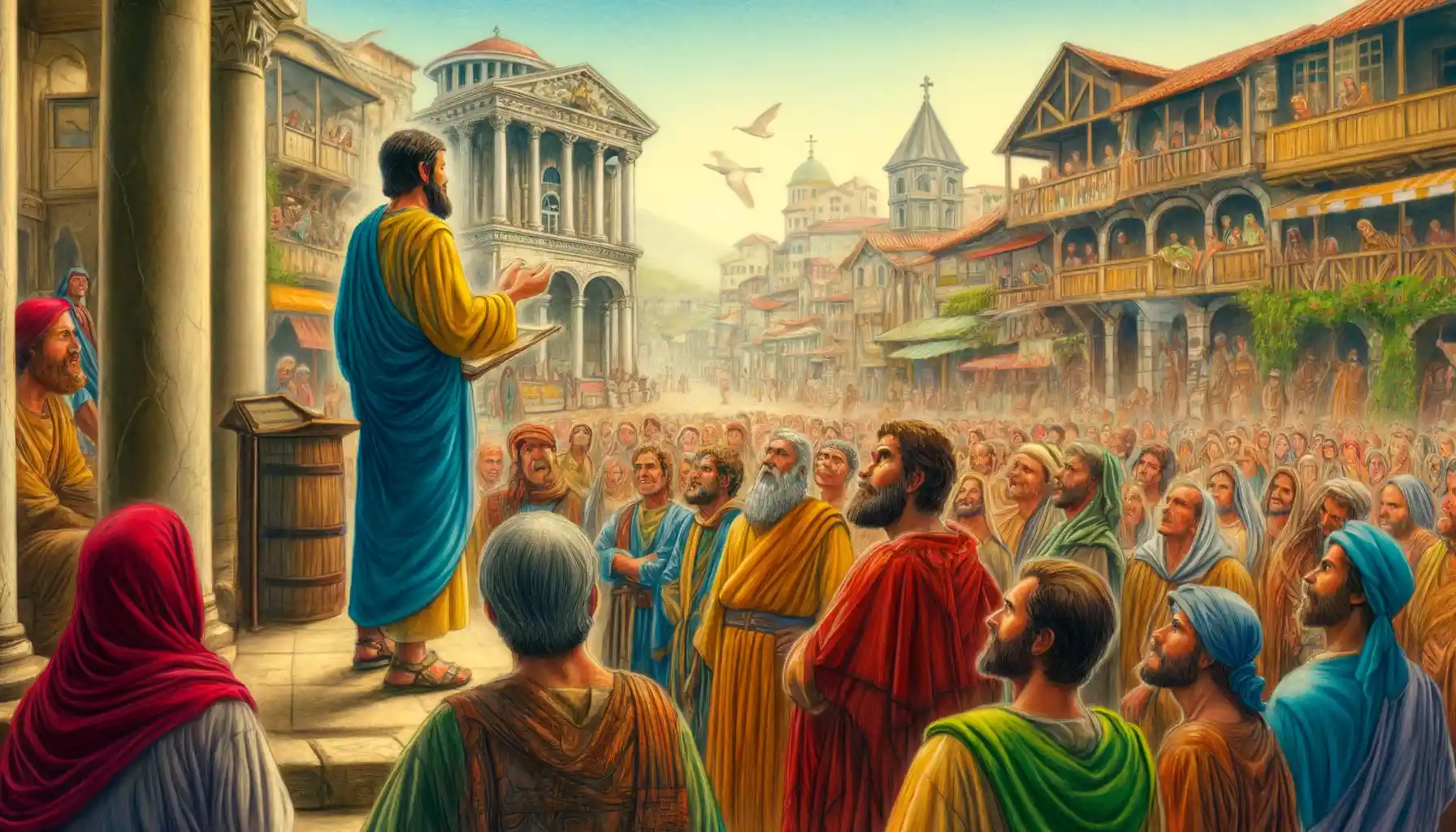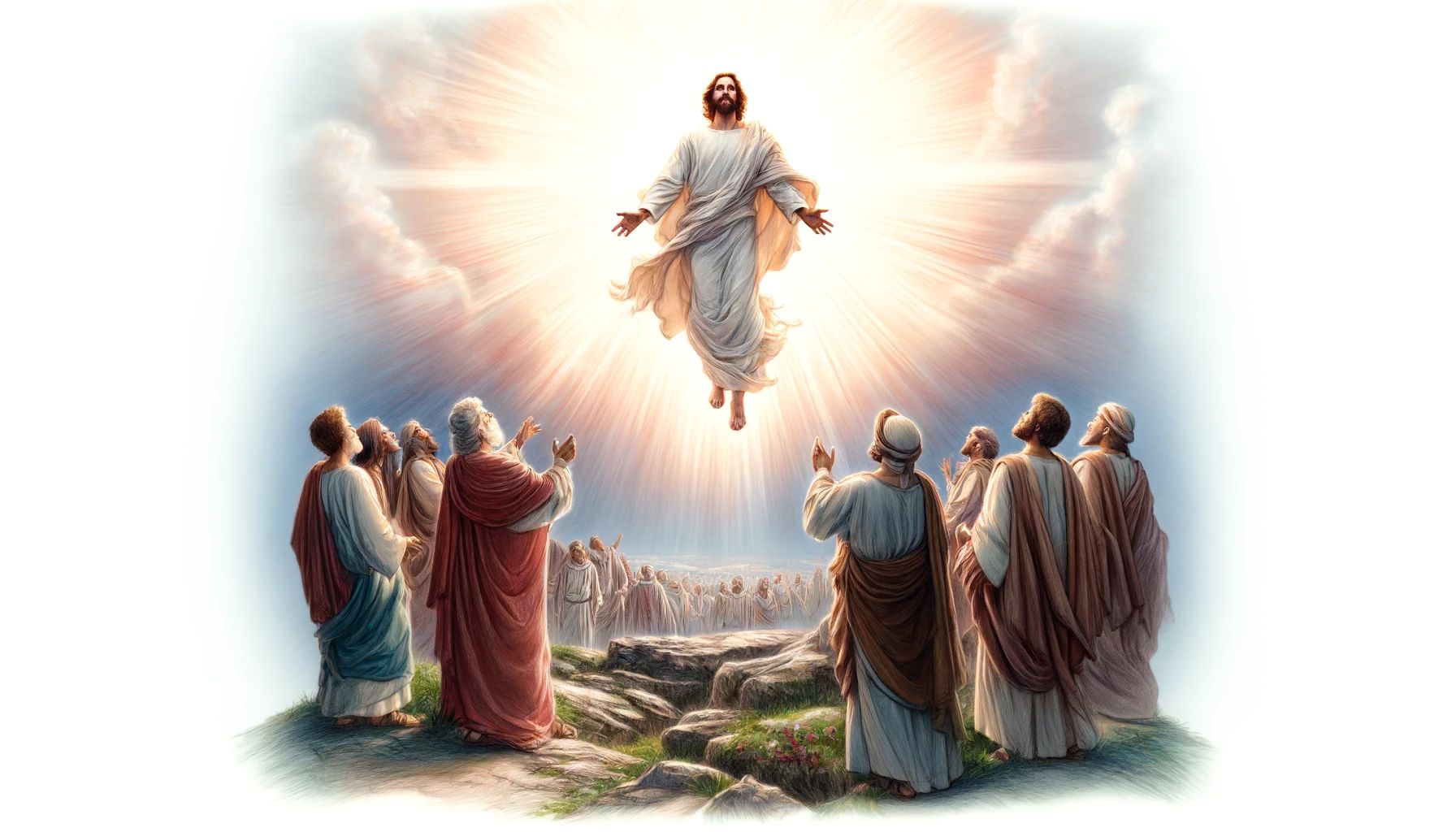he Book of Revelation unveils the culmination of human history and the ultimate victory of God and His Kingdom, depicting vivid and symbolic visions of cosmic conflict, divine judgment, and the glorious consummation of God’s redemptive plan, while offering hope and encouragement to believers facing persecution, reminding them of the sovereignty of God and the promise of ultimate triumph over evil.
The Book of 2 Peter warns against false teachers and emphasizes the importance of spiritual growth, doctrinal integrity, and preparedness for the coming judgment, urging believers to stand firm in their faith and to grow in the grace and knowledge of Jesus Christ.
The Book of 2 Thessalonians offers further clarification on eschatological matters, encouragement for believers to stand firm amidst persecution, and practical instructions for orderly Christian living within the context of Paul’s pastoral care for the Thessalonian church.
The Book of 1 Thessalonians provides early Christians with practical guidance for holy living, reassurance concerning Christ’s return, and encouragement to persevere in faith amidst persecution.
The Gospel of Matthew is rich in theology and Christology, making it a foundational text for understanding Christian doctrine and the narrative of Jesus’ life as both a fulfillment of and a break from Jewish tradition.
The Ascension of Jesus Christ encapsulates his enthronement, fulfillment of divine promises, and the initiation of the church’s global mission, signifying a pivotal moment that bridges his earthly ministry with his heavenly reign and underscores the Christian faith’s eschatological hope and doctrinal foundation.
Jerusalem, a city steeped in millennia of history, holds profound significance for Christians as the site of Jesus’ crucifixion, resurrection, and the birthplace of the Church, embodying the fulfillment of biblical prophecy and a beacon of hope for the promised return of Christ.







